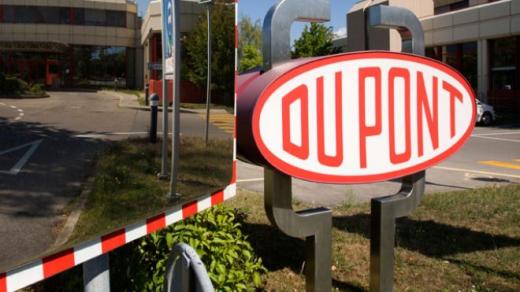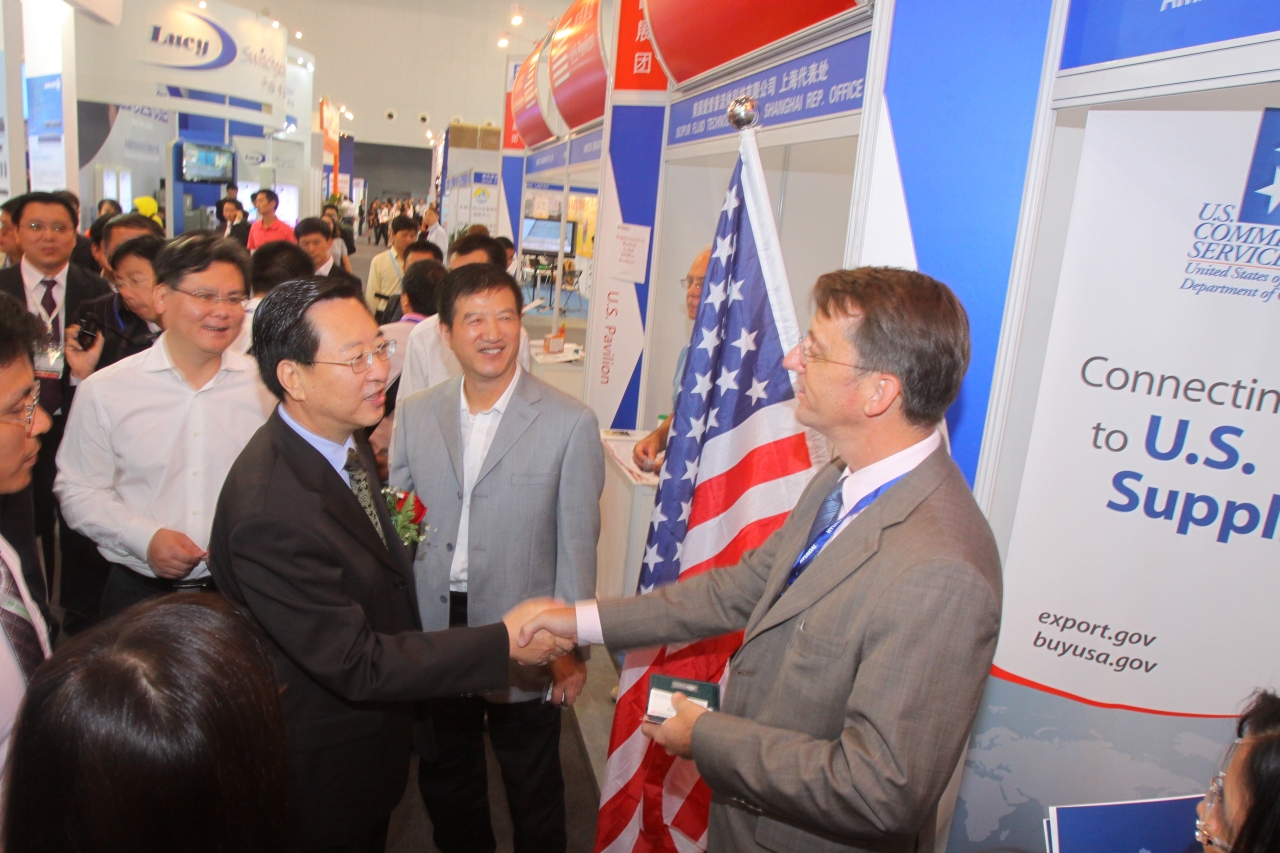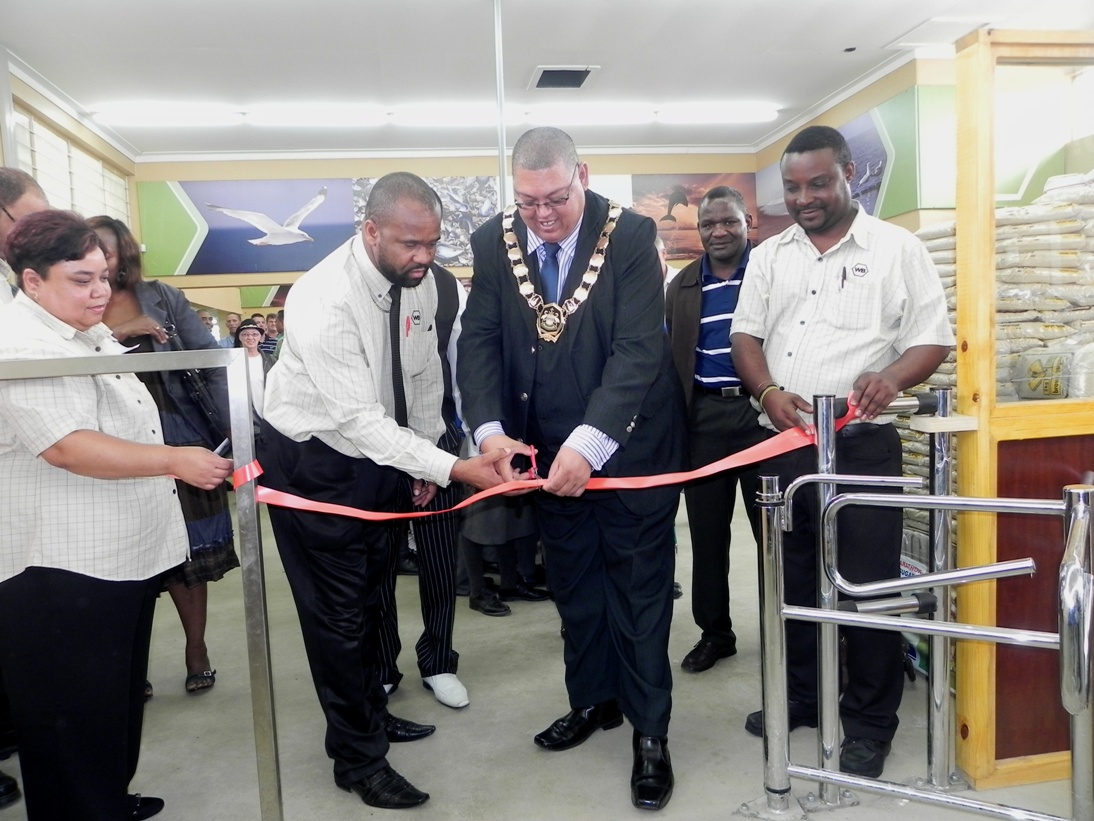
– DuPont Co., the most valuable U.S. chemicals producer, expects additional demand from automakers seeking to work around a shortage of resin used to make braking and fuel parts, its chief executive officer said.
DuPont, a maker of chemicals used in auto manufacturing, has capacity to provide additional polymers called Zytel, Delrin and Hytrel to the industry, CEO Ellen Kullman of Wilmington, Delaware-based DuPont, told reporters today on a conference call.
Automakers including General Motors Co., Toyota Motor Corp. and Ford Motor Co. and their suppliers are seeking other options for a resin called PA-12 after a March 31 explosion at chemical maker Evonik Industries AG. The blast at Evonik’s Marl, Germany, factory that made Cyclododecatriene, also called CDT, halved the global source of PA-12.
“It does look like we’ll get some upside” from the shortage of PA-12, Kullman said. The auto industry is “an area where our volumes are down versus last year but sequentially improving, so we do have some capacity. It’s really difficult for us to size it now because each application is different.”
Koch Industries Inc.’s Invista, the maker of Stainmaster carpet, also produces CDT and has “limited excess capacity” to make more of the material, Jodie Stutzman, a spokeswoman for the Wichita, Kansas-based unit, said in a phone interview.
“We have a number of customers that we are committed to supplying and we will honor those commitments first,” she said. “We’ll work to squeeze any capacity we can” from Invista’s plant in Victoria, Texas.
‘Substantial Risk’
The explosion at Evonik’s plant poses “real and substantial risk” to vehicle production, Jeff Schuster, senior vice president of forecasting at LMC Automotive, said today in an e-mailed statement.
“Automotive manufacturers may begin to slow the pace of build that has been in overdrive in recent months,” said Schuster, who is based in Troy, Michigan. “More intensive production management in relation to product mix and inventory is expected to be a means to cope with the looming shortage.”
Japan’s automakers may avoid “large-scale” disruptions to production as suppliers prepare alternative parts in response to a global resin shortage, Takashi Moriwaki, an analyst at Deutsche Bank AG, wrote today in a research note.
Suppliers recognized that PA-12 was produced by few companies and are carrying several months’ supply, Moriwaki said. Auto-parts makers could supply parts with alternative materials as soon as June and plan to propose options to automakers within the next week, he wrote, citing telephone interviews with companies he didn’t identify.
Stoppage Risks
“Although we cannot discount the risk of production stoppages because the shortage of only one component is enough to compromise auto production, our interviews suggest little likelihood of large-scale shutdowns to Japan’s auto production,” Moriwaki wrote.
More than 200 executives from automakers including GM, Toyota, Ford and Volkswagen AG and their suppliers met April 17 at a summit near Detroit to find alternative materials and parts and avoid losing vehicle output. The companies are unlikely to find other options immediately because of their pre-production vetting processes, researcher IHS Automotive said yesterday.
DuPont’s Alternatives
DuPont’s polymers are “well known” and used in “a wide variety” of applications, Kullman said on the call. Some automakers may need to have engineers test and review the materials before using them as substitutes, the executive said.
The length of the testing process “depends on whether they know the polymer or not,” she said. “If they’ve already done the testing but chose PA-12, then they can go back and utilize ours directly.”
DuPont earlier today said first-quarter net income rose 4 percent to $1.49 billion, or $1.57 a share, from $1.43 billion, or $1.52, a year earlier. Earnings excluding some items were $1.61 a share, topping the $1.53 average of 13 estimates compiled by Bloomberg.
Sales in DuPont’s performance materials segment, which includes autos, fell 6 percent to $1.6 billion, according to a statement.
Automakers and suppliers formed six technical committees aimed at mitigating the effect that the PA-12 shortage may have on production of parts and finished vehicles, Randi Berris, a spokeswoman for the Automotive Industry Action Group, wrote yesterday in an e-mail. The group is hosting “multiple technical follow-up meetings” during the next few weeks on the issue, she said.
Supplier Letter
TI Automotive Ltd. warned its customers in an April 12 letter of severe shortages interrupting production “in the next few weeks.” The Auburn Hills, Michigan-based company supplies brake and fuel lines, as well as fuel tanks and pumps, to all major automakers, including GM, Ford, Toyota and Volkswagen, according to its website.
Evonik has begun repairs at the Marl factory, which the company aims to rebuild “before winter,” Ruben Thiel, a spokesman for the closely held Essen, Germany-based company, said April 16 in an e-mail.
Other makers of PA-12 are France’s Arkema SA, Switzerland’s Ems-Chemie Holding AG and Japan’s Ube Industries Ltd.
Source : bloomberg.com







